10 Fascinating Facts about Wagyu Cattle
10 Fascinating Facts about Wagyu Cattle
Introduction to Wagyu Cattle
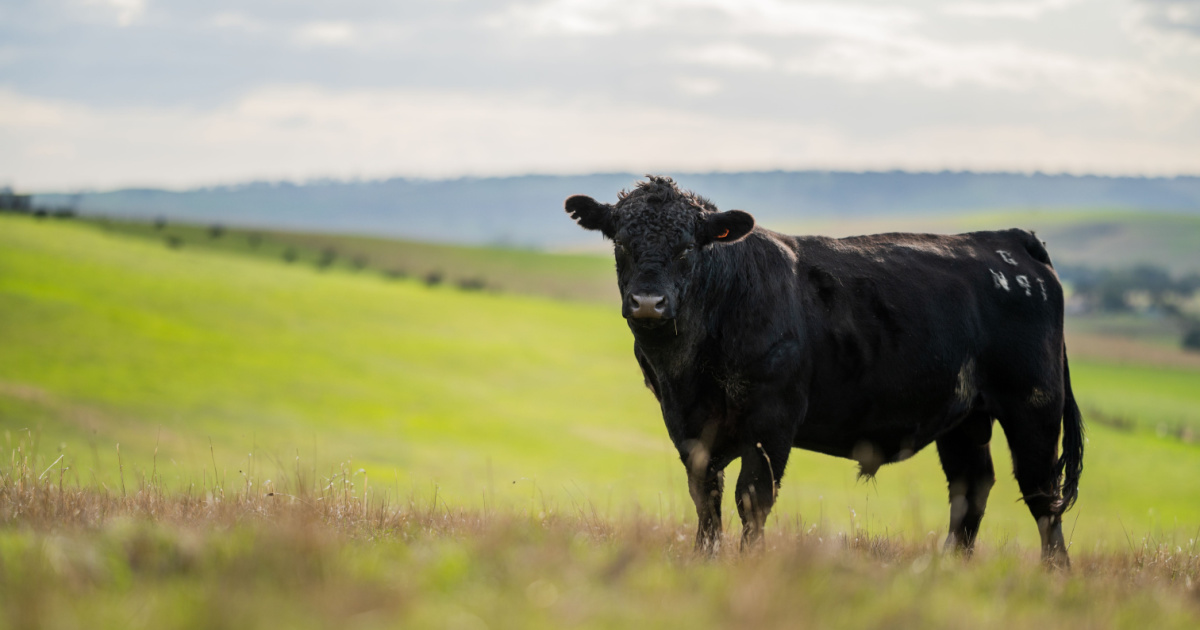
Wagyu cattle are a breed of Japanese cattle that produce the world-renowned, melt-in-your-mouth Wagyu beef. Known for its incredible marbling and unmatched flavor, Wagyu beef is highly sought by chefs and food connoisseurs. In this article, we'll delve into the fascinating world of Wagyu cattle, exploring their history, unique breeding techniques, and health benefits.
The Origin of Wagyu Cattle
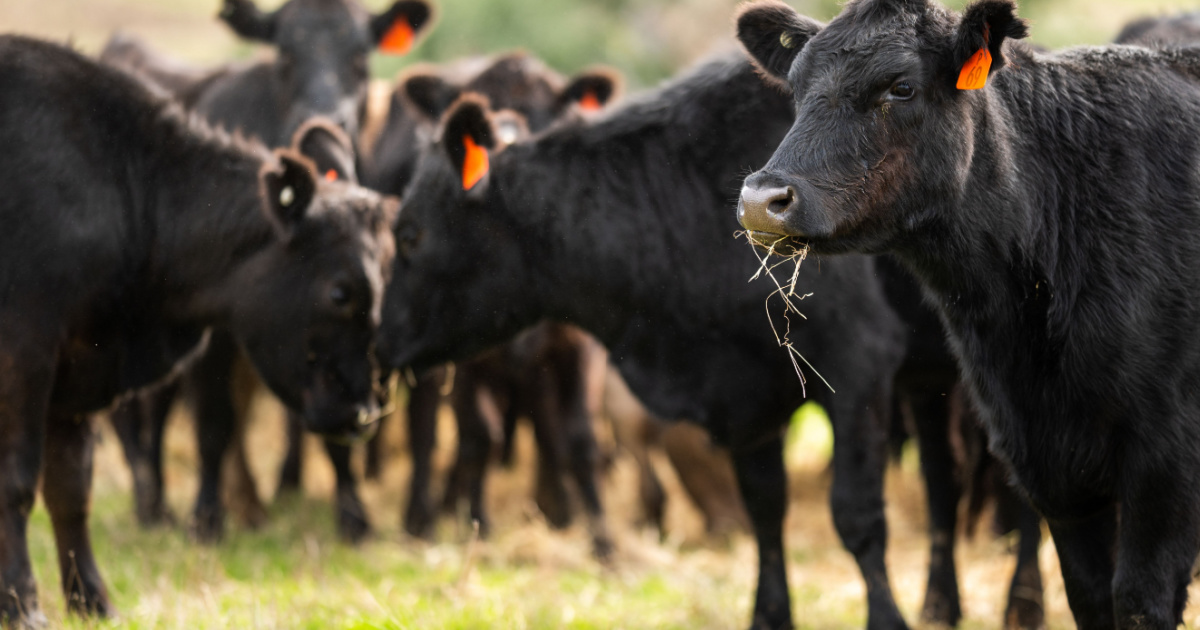
The Wagyu breed has a long and storied history in Japan. It is believed that they originated from Asian native cattle brought to Japan more than 2,000 years ago. The word "Wagyu" refers to "Japanese cow" in Japanese. Over the centuries, the Japanese Wagyu has come from selectively purebred Wagyu cattle for their distinctive traits, including their ability to produce highly marbled beef. Wagyu genetics ensure that beef production has high marbling, which means the Wagyu females, especially the female Tajima cattle, need to be well-bred.
Unique Breeding Techniques
Tajima Lineage
Japanese Wagyu cattle are born and raised under strict guidelines to maintain their quality and purity. One of the most famous bloodlines of Wagyu cattle is the Tajima cattle lineage. The Tajima cattle Wagyu raised in the Hyogo Prefecture of Japan are known for their smaller size and exceptional marbling.
Feeding and Care
Wagyu cattle are raised in a low-stress environment and fed a specially formulated diet of grains, grasses, and other high-quality feed. This diet helps promote the development of the cattle's signature marbling. Some farmers even go the extra mile by massaging their Wagyu cattle to promote relaxation and enhance blood circulation.
The Four Main Wagyu Strains
Wagyu cattle are divided into four main strains, each with unique characteristics:
Japanese Black
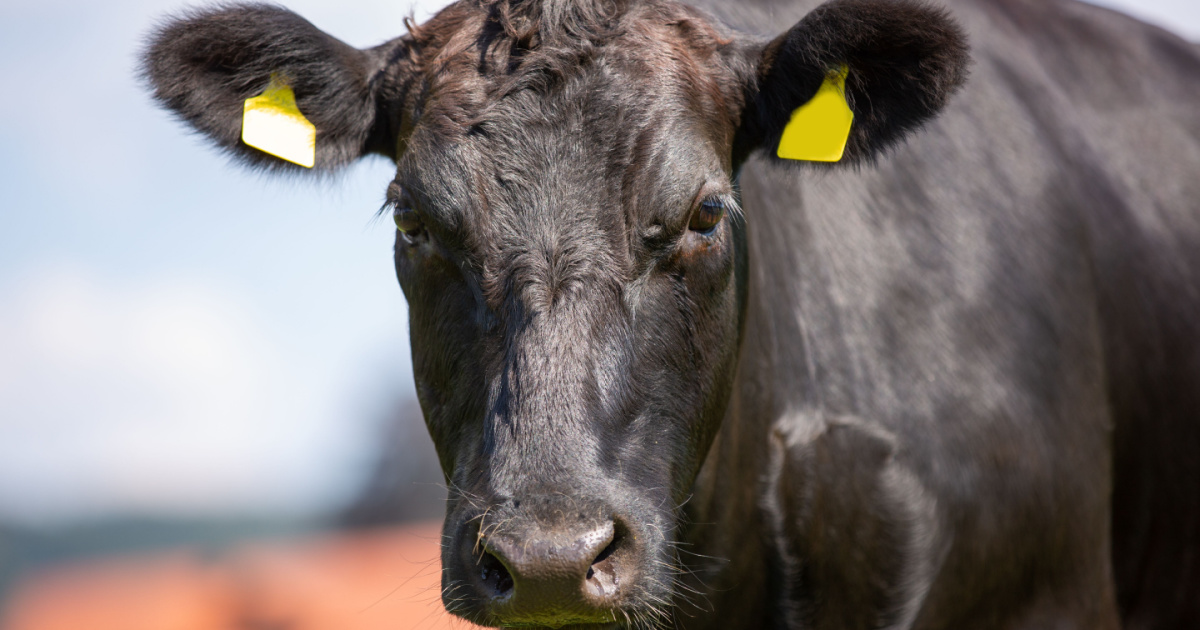
The Japanese Black cattle strain, Kuroge Washu, is beef cattle's dominant black Wagyu strain. They account for over 90% of all Wagyu cattle and are known for their intense marbling and rich flavor. Dominant black wagyu strains are the most popular Japanese beef cattle.
Japanese Brown
The Japanese Brown strain, also called Akage Washu, is known for its leaner meat quality and milder taste than the Japanese Black. One might be tempted to equate two Wagyu red bulls to one heavily muscled black female cattle consisting of superior marbling. They comprise around 8% of the Wagyu cattle population. The Japanese Brown are primarily raised in the Kumamoto and Kochi Prefectures. They are sometimes referred to as the Kumamoto red wagyu bulls.
Japanese Shorthorn
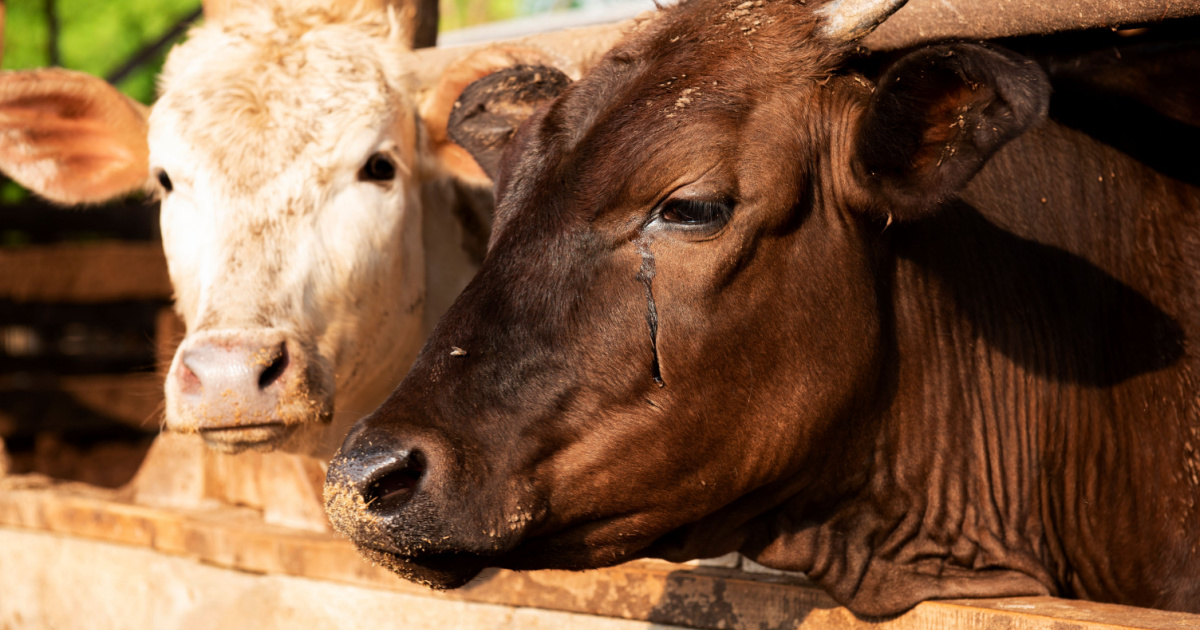
The Japanese Shorthorn strain, or Nihon Tankaku Washu, is known for its high-quality lean meat with a distinctive taste. This strain is less marbled than the Japanese Black and makes up less than 1% of Wagyu cattle. They are primarily found in the Tohoku region of Japan.
Japanese Polled
The rarest of the four strains, the Japanese Polled, or Mukaku Washu, accounts for less than 0.1% of Wagyu cattle. They are characterized by their hornless heads and are mainly raised in the Yamaguchi Prefecture. Their meat has a unique taste and texture but is not as marbled as the Japanese Black.
Marbling: The Signature of Wagyu Beef
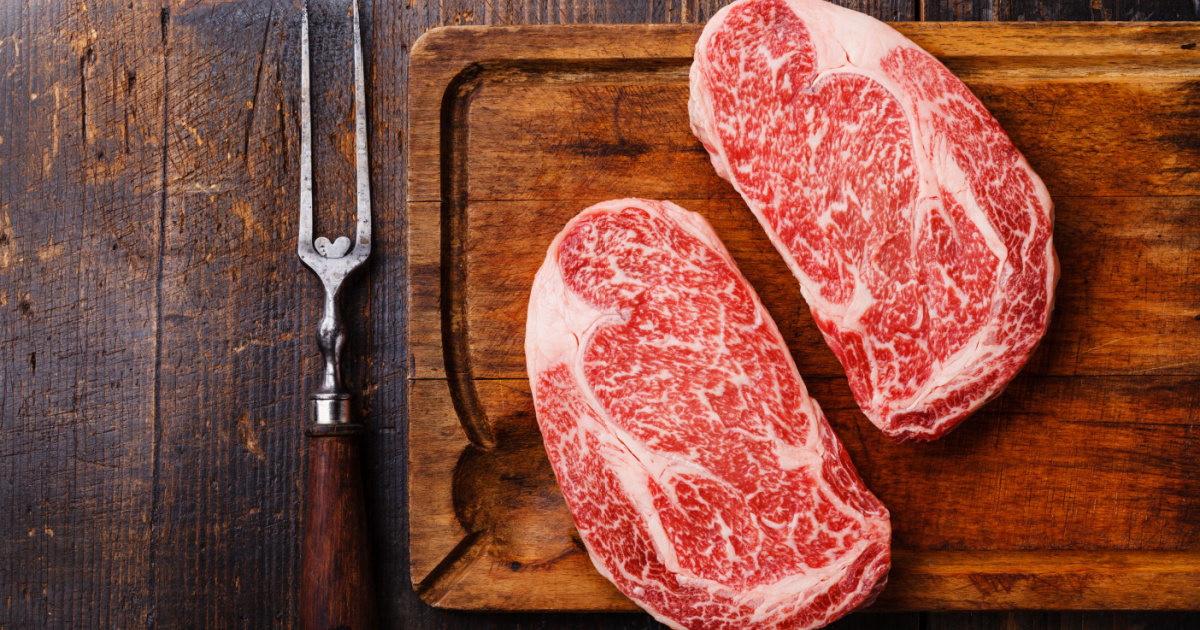
One of the most defining characteristics of Wagyu beef is its marbling, which refers to the intricate pattern of fat distributed throughout the muscle tissue. This marbling provides the meat with its melt-in-your-mouth texture and contributes to its rich buttery flavor. Its high-quality marbling found in Wagyu beef results from the cattle's unique genetics and careful breeding techniques.
Health Benefits of Wagyu Beef
Rich in Omega-3 and Omega-6 Fatty Acids
Wagyu beef is not only delicious but also contains health benefits. It is rich in omega-3 and omega-6 fatty acids, linked to numerous health benefits, including reducing inflammation, improving brain function, and promoting heart health.
High in Conjugated Linoleic Acid (CLA)
Wagyu beef also has a high concentration of conjugated linoleic acid (CLA), a type of fatty acid associated with various health benefits, such as reducing the risk of heart disease, promoting weight loss, and fighting inflammation.
The Grading System for Wagyu Beef
The Japanese Meat Grading Association (JMGA) Standards
Wagyu beef is graded strictly by the Japanese Meat Grading Association (JMGA) to ensure its quality. The grading system considers marbling, meat color, fat color, and texture.
The highest grade of Wagyu beef is A5, which represents the pinnacle of quality and luxury. The American Wagyu Association is also one of the best grading entities. Compared to JMGA, the American Wagyu Association ranks second, particularly among Wagyu breeders.
The Rarity and Luxury of Wagyu Beef
Wagyu beef is considered a luxury food item due to its rarity, unique flavor, and unparalleled quality. The stringent breeding and raising techniques and the limited number of Wagyu cattle make this beef a true delicacy. As a result, Wagyu beef commands premium prices in the market.
The Different Cuts of Wagyu Beef
Wagyu beef can be enjoyed in various cuts, each offering a unique taste and texture experience. The most popular cuts include ribeye, striploin, tenderloin, and sirloin. These cuts are prized for their exceptional marbling and tender meat.
Cooking and Enjoying Wagyu Beef
Traditional Japanese Preparation
In traditional Japanese cuisine, Wagyu beef is often enjoyed in thinly sliced cuts, either as sashimi or cooked quickly over high heat, such as in sukiyaki or shabu-shabu. This preparation method allows the meat's natural flavors and textures to shine.
Modern Cooking Techniques
In contemporary cooking, Wagyu beef can be enjoyed in various ways, including grilling, pan-searing, or even sous vide. Regardless of the method used, avoiding overcooking Wagyu beef is essential to preserve its unique texture and flavors. Cook the meat to medium-rare or medium for the best experience.
Conclusion
Wagyu cattle are fascinating, producing some of the world's most luxurious and sought-after beef. From their unique breeding techniques and distinct strains to the health benefits of their meat, Wagyu cattle have captured the attention of food lovers worldwide. As you indulge in a delicious cut of Wagyu beef, remember the rich history and tradition that has led to this culinary masterpiece.
Frequently Asked Questions
-
What is the difference between Wagyu and Kobe beef?
Kobe beef is Wagyu beef from the Tajima lineage of Wagyu cattle raised in the Hyogo Prefecture. Kobe beef is subject to strict standards and is considered one of the highest-quality Wagyu products. -
Is Wagyu beef healthier than regular beef?
Wagyu beef is known for its high omega-3 and omega-6 fatty acids and conjugated linoleic acid (CLA), which can offer various health benefits. However, consuming Wagyu beef in moderation is essential due to its high-fat content. -
How can I be sure I'm buying natural Wagyu beef?
To ensure you're purchasing authentic Wagyu beef, look for the Wagyu mark or certification from the Japanese Meat Grading Association (JMGA) on the packaging. Additionally, purchase from reputable suppliers and inquire about the beef's origin and grading. -
Can I cook Wagyu beef the same way I cook regular meat?
While you can cook Wagyu beef using similar methods as regular beef, it's important to avoid overcooking it to maintain its unique texture and flavors. Aim for medium-rare or medium doneness when cooking Wagyu beef. -
Why is Wagyu beef so expensive?
Wagyu beef's high price is due to its rarity, strict breeding and raising techniques, and unparalleled quality. The limited supply of Wagyu cattle, combined with the exceptional marbling and taste of their meat, makes Wagyu beef a luxury food item with premium prices.
;)
;)
